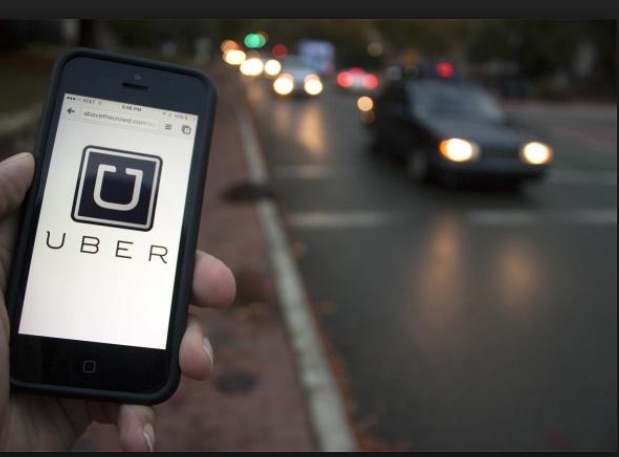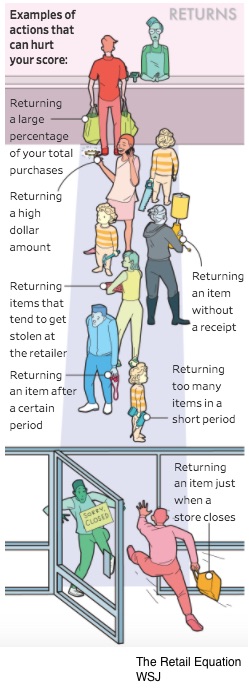Told she had a 4.5 Uber rating on their one to five-star scale, writer Delia Ephron knew that if it dropped further, drivers might not pick her up. She remembered asking a driver to back up and wondered if that was the problem. She also recalled sounding short-tempered once when a driver was not sure where to drop her off.
While Delia Ephron had readers smiling as she described her concern in a NY Times column, the firms that score customers take it seriously.
Customer Scoring
Uber
An Uber score could be compared to a grade school report card that has no precise criteria for dropping into “no-one-will-pick-you-up territory.” However, drivers have told reporters what really bothers them. At the top of their list of Uber don’ts is keeping a driver waiting. Others add slamming the door, leaving your garbage, and getting sick in the back seat. Then, on the more subjective side, they include rude and bossy behavior.
Best Buy
Somewhat similar to Uber, retailers have begun scoring customers but they’ve precisely defined their criteria. At retailers that include Best Buy, J.C. Penney, and Sephora, if you return too many items in a specific time period, your risk score could climb into habitual returner territory. At Best Buy, one customer had purchased three extra cellphone cases because he didn’t know the colors his sons preferred. Accepting the returns, Best Buy said he was now over the limit, and could not return or exchange anything for a year.
Below you can see what might elevate your returns risk score:
 Our Bottom Line: Supply
Our Bottom Line: Supply
On the supply side of markets, firms especially care about profit. Traditionally emphasizing the cost of land, labor and capital, economists say the supply curve shifts higher or lower when production costs change. Other typical determinants of supply are the number of sellers and taxes.
Now though we can add another criteria to our list. Troublesome customers can also make providing goods and services more expensive. One BU professor tells us that bad customers are expensive when they complain too much and make employees unhappy. Yes, we all know that bad customers have always existed. But now it has become a measurable metric with an actual impact that can be diminished.
When Delia Ephron asked that Uber driver to back up, she was increasing supply side costs. Perhaps that is why Uber and Best Buy care about your customer score more than you think.
My sources and more: Yesterday’s WSJ article on “risk scores” reminded me of how Uber drivers rated their customers and it took me back to a Delia Ephron column. From there, though, I discovered article after article that described customer scoring. As I continued, the topic got increasingly interesting.







